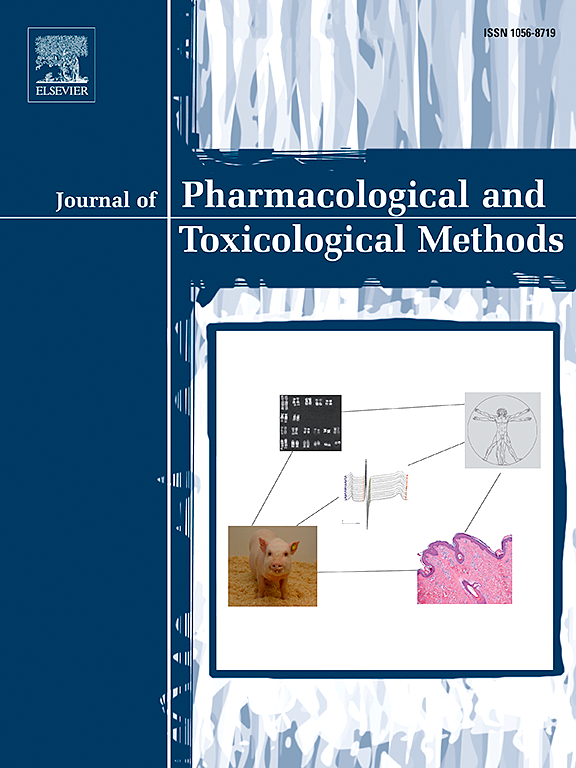Comparative assessment of Ca2+ oscillations in 2- and 3-dimensional hiPSC derived and isolated cortical neuronal networks
Abstract
Human induced Pluripotent Stem Cell (hiPSC) derived neural cells offer great potential for modelling neurological diseases and toxicities and have found application in drug discovery and toxicology. As part of the European Innovative Medicines Initiative (IMI2) NeuroDeRisk (Neurotoxicity De-Risking in Preclinical Drug Discovery), we here explore the Ca2+ oscillation responses of 2D and 3D hiPSC derived neuronal networks of mixed Glutamatergic/GABAergic activity with a compound set encompassing both clinically as well as experimentally determined seizurogenic compounds. Both types of networks are scored against Ca2+ responses of a primary mouse cortical neuronal 2D network model serving as an established comparator assay. Parameters of frequency and amplitude of spontaneous global network Ca2+ oscillations and the drug-dependent directional changes to these were assessed, and predictivity of seizurogenicity scored using contingency table analysis. In addition, responses between models were compared between both 2D models as well as between 2D and 3D models. Concordance of parameter responses was best between the hiPSC neurospheroid and the mouse primary cortical neuron model (77% for frequency and 65% for amplitude). Decreases in spontaneous Ca2+ oscillation frequency and amplitude were found to be the most basic shared determinants of risk of seizurogenicity between the mouse and the neurospheroid model based on testing of clinical compounds with documented seizurogenic activity. Increases in spontaneous Ca2+ oscillation frequency were primarily observed with the 2D hIPSC model, though the specificity of this effect to seizurogenic clinical compounds was low (33%), while decreases to spike amplitude in this model were more predictive of seizurogenicity. Overall predictivities of the models were similar, with sensitivity of the assays typically exceeding specificity due to high false positive rates. Higher concordance of the hiPSC 3D model over the 2D model when compared to mouse cortical 2D responses may be the result of both a longer maturation time of the neurospheroid (84–87 days for 3D vs. 22–24 days for 2D maturation) as well as the 3-dimensional nature of network connections established. The simplicity and reproducibility of spontaneous Ca2+ oscillation readouts support further investigation of hiPSC derived neuronal sources and their 2- and 3-dimensional networks for neuropharmacological safety screening.

 求助内容:
求助内容: 应助结果提醒方式:
应助结果提醒方式:


